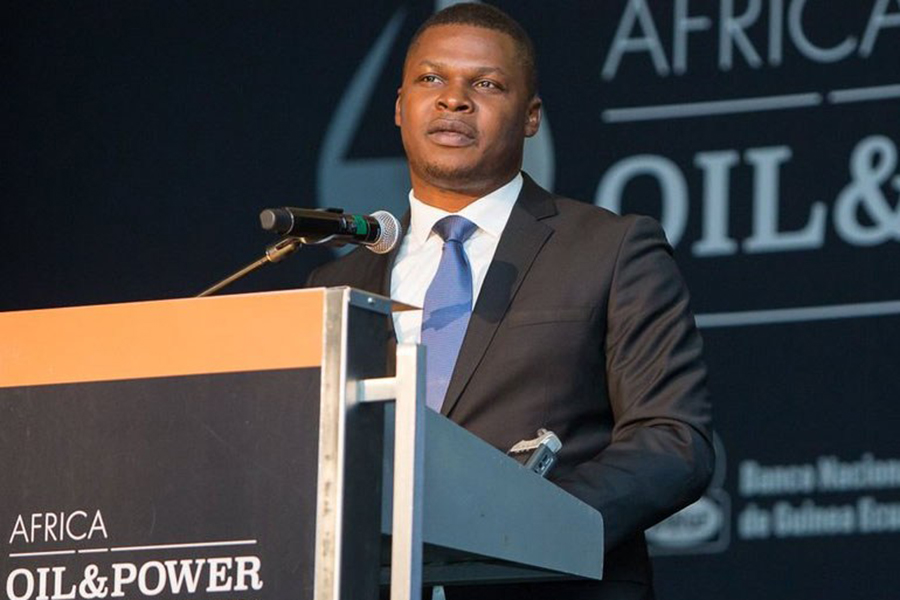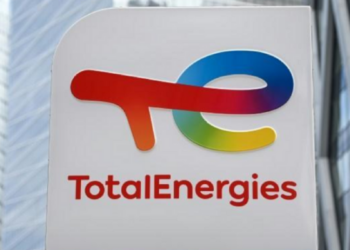Since the Petroleum Industry Act (PIA) 2021 was signed into law by President Muhammadu Buhari, no new oil and gas developments have been recorded in Nigeria.
This observation was made by the African Energy Chamber (AEC) in its State of African Energy report, released on October 26, 2022, and seen by Nairametrics.
Part of the AEC report said: “The recently passed Petroleum Industry Act (PIA) seems to be having little impact on resolving the deep-water operators’ issues and no new developments have kicked off since the bill was passed.”
The report also noted that a breakeven oil price analysis suggests that the PIA has had a net positive impact on onshore oil projects compared to the previous regime(s).
However, onshore operators are mostly indigenous (or relatively smaller oil companies) who struggle with funding issues and are unable to scale their operations, unlike international oil companies. And this hinders the production aspirations of the PIA.
Nigeria’s production aspirations: The AEC report noted that Nigeria has been aspiring to reach 2 million barrels per day for some years. But this has remained a dream due to some factors, including the international oil companies (IOCs) from onshore oil explorations. The report noted that their exits will drastically reduce the capital expenditure (CAPEX) needed to boost the country’s oil output.
The IOCs that are exiting: Shell Petroleum Development Company (SPDC), a joint venture between Shell Plc, TotalEnergies, Eni, and NNPC Limited, is looking to exit its onshore and swamp operations in Nigeria.
In a similar development, US major ExxonMobil also announced that it was exiting its shelf water depth portfolio in Nigeria to reduce its high emissions oil and gas portfolio and transition to cleaner energy sources.
Oil market gainers and losers in Africa: The AEC report a comparison between expected crude oil + condensates volumes from African producers showed that Libya, Chad and Egypt are expected to become the biggest gainers from 2022 to 2030, while Nigeria, Ghana, Algeria and South Sudan see a reduction in the forecast from the 2022 outlook. The report says Nigeria has seen a dent in volumes due to closures and maintenance activities.
























